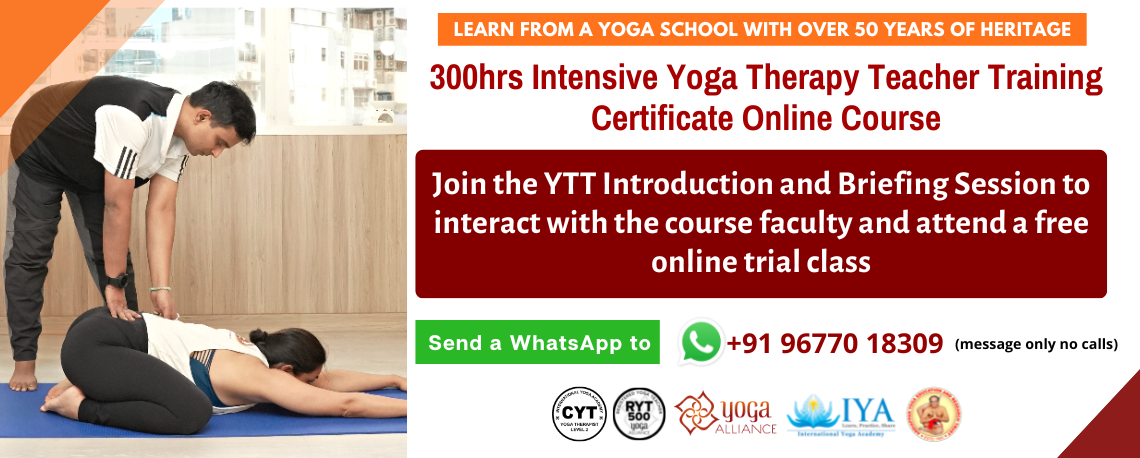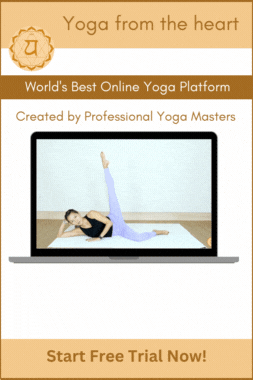Menopause is not something abrupt as the etymology of the clinical term suggests (cessation of the menses). In fact, many cultures refer to it as a gradual transition where the end of menstruation is just one contributing feature. For instance, the Japanese call it konenki, literally translated, ko means “renewal and regeneration,” nen means “year” or “years,” and ki means “season” or “energy.” The positive connotation (A time of Renewal and Regeneration) is missing from the purely descriptive term “menopause”, which may have some clinical value, but certainly doesn’t do justice to the physical and emotional complexity of this experience.
The language we speak shapes the way we think, so it may be worth By Laura Ruggeri keeping that in mind when we discuss this natural transition and the great opportunities for renewal and personal growth it offers to women.
At the onset of the perimenopause (when periods become different and less predictable, pre-menstrual syndrome and tension get worse, and our FSH levels shoot up) our bodies and minds are already preparing for a new, more introspective phase of our lives. Most of us feel confused, out of balance, no longer “ourselves”. We scan the Internet looking for an explanation to our puzzling symptoms. We still get our periods; surely we can’t be menopausal, can we? Technically not, but the Time of Change and Renewal has already started.
At this stage, we should learn to take better care of ourselves, because if our life lacks balance, the transition will be more difficult. Health problems at menopause represent imbalances that were already growing in the body and mind and are finally unmasked by shifting hormones.
How can Yoga help menopausal women? The meaning of Yoga is union – the unity of body and mind and, on a deeper level, the Self and the Universe. At a time when you feel most disconnected from your body (some women report feeling “let down” by their changing bodies) Yoga shows us a path of integration and healing. Restorative Yoga poses performed with a particular emphasis on can help restore balance even when our energy level is very low, or when depression and lethargy make it impossible to challenge ourselves with physically demanding poses.
Each human being possesses a unique combination of the three dosha (Vata, Pitta, Kapha): women may suffer from different menopausal symptoms according to the dosha that is predominant in their constitution. For this reason, Yoga for menopause is best taught individually, as poses and breathing exercises can thus be adapted to each individual.
The ideal approach to Yoga during menopause is one that encourages development of the continual self-care concept and connects with a woman’s innate wisdom.
But walking the path of Yoga goes beyond what we do on our mats, alone or with the assistance of a teacher. It’s a path toward light, clarity and understanding, a process of reflection, to transcend and liberate ourselves from delusion so that we can see ourselves more clearly as we really are without the underpinning of social and financial status and find a sure footing for our security.
Living in tune with nature, enjoying both movement and stillness, practising Pranayama and meditation, adopting a Sattvic diet and lifestyle, reducing and, if possible, eliminating stress from our life, cultivating presence instead of seeking distraction, being truthful to ourselves and others, freeing ourselves from the shackles of consumerism and greed, trusting our intuition, acknowledging the spiritual dimension of our life are some of the ways we can attune ourselves to the wisdom of menopause
The physical and emotional discomfort some of us experience during perimenopause is in effect the labour pains of giving birth to our new selves. Our new self needs to be handled with care, patience and acceptance. Trying to deny change, patching up the old layers of our self in the vain attempt to hold on to a worn out identity is a very common and understandable behaviour in the face of the unknown. But resistance to change creates its own set of problems. Change is the process that allows us to continue living. To not change is to stagnate and die.
During perimenopause we need to discard all that is no longer necessary in our lives, life structures that have fulfilled their purpose in our development as women but no longer serve our growth. It’s a daunting task and many women are paralysed by fear at the prospect. This fear often manifests itself both in the body, which loses flexibility, and in the mind which tends to hold on to rigid worldviews and thought patterns.
Though I have been practising Yoga for two decades, the gift of Yoga really took on a more profound meaning as I entered perimenopause and relied on it to cope with the tension of transformation (no matter how difficult the journey, menopause can indeed lead to an expanded sense of self and the world!) Yoga taught me patience and gave me the courage to accept change, it fostered self-awareness and gave me the resolve to address imbalances in my life.
In the past, practising a dynamic form of Yoga had provided a sort of distraction from my inner discourse, an escape from upsetting emotions, a safe haven when life became very stressful and complicated. I would just switch off my mind and go through the motions. But as approached the menopause, the focus of my Yoga practice shifted. I started to privilege poses that I could hold for a long time while slowing my breath down and observing my feelings and thoughts. The gaze turned inward, and achieving a Yoga posture was no longer an end in itself, each posture became a map I relied on to explore the territory, the indissoluble unity of body and mind.


















 Other
Other